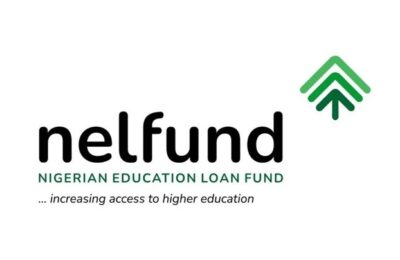Recent reform of individual income taxation in Nigeria entails generous Tax relief and allowances granted to tax payers. The Reforms aims at increasing the disposable Income of workers so they will be able to adjust for the impact of Inflation and the Rising Cost of Living.
Going back in history, the Nigeria Tax system could be traced back to the eighteenth century when traditional rulers and local law enforcement agents collected money from their citizens, in order to Finance Development Programme in their communities. The amalgamation of Southern and Northern protectorate in the year 1914 led to the transfer of the Native Revenue Ordinance of 1917 from Northern Region in the year 1918 and 1927, Ever since, it has been a steady progress in the Tax regime with various attempts to mordernise, expand reform and improve the process, procedure and sanction inherent in the system of taxation in Nigeria.
Tax reform is involved with specific objective which are: To accelerate improved service delivery to the public,To boost non oil tax revenue, Efforts at consistently reviewing the tax administration,so as to make it more reliable, To bridge the gap between national development needs and funding the needs. With all this objectives Nigeria is still working hard to see that their able to achieve them one after another.
So as to work out the modernization and expansion of reform attempt, April 7 2012 the National Tax Policy document was launched by President Goodluck Ebele Jonathan.On February 1 2017 a revised National Tax Policy ( NIP) was approved by the Federal Executive Council. All this was to set broad parameters for taxation and ancillary matters connected with taxation in Nigeria so as to also be able to achieve one of our objective.
Over the last decade, there has been increase in global interest in developing country Domestic Revenue Mobilization in particular taxation.The push has reflected a concern to better fund public spending and renewed recognition of the centrality of taxation to state building and broader state relations. This also has been the case for state government in Nigeria, especially following the mid 2014_2016 oil crisis which saw government revenue (% of GDP) decline by nearly half from 11% in 2014 of 6% in 2016.
The Fiscal Crisis later evolued into the country First Recession since 1995 due to a combination of economic factors which were national in scope, including the poor state of trade and revenue diversification ,degree of dependence on oil exports, six of fiscal and external balance and responses.

Tax reform had to become without been told the greed means of stabilizing government revenues, supporting the independence of government from National Resources Revenue and Foreign Aid and improving the countries business environment.
In alignment with working hard to achieve our objectives the recently passed Administration introduced a number of Tax Reform to among other things diversity Nigerians Income base as well as improve tax administration with agencies like the Ministry of Finance and Federation Inland Revenue Service (FIRS) on the fore front to drive top among them being the Voluntary Assets Income Declaration Scheme (VAIDS). VAID with a target had to be geared towards raising the percentages of Non Oil Tax Revenue from six percentage it was at the time to 15 percentage by 2020 while broadening the Federal and State tax brackets. The government was able to raise 30bn out of 350bn targeted through their scheme, though it boosted government revenue, also increase the National General Tax Awareness and Compliance it wasn’t still enough to change the perspective.
In the recent times, the current administration has made it known that their aim is to transform the Tax System to support sustainable development and achieve the minimum of 18% tax to GDP ratio.
Considering the incremental progress made over the years, it has not done enough transformation in the national economy of the country to change our narratives. Nigeria is still faced with the problem of ranking very low on the global ease of paying taxes and GDP ratio as one of the lowest in the World and well below Africa average. This has led us to overreliance on borrowing to finance public spending which in turns limit the Fiscal space as debt service costs consume a greater portion of government revenue, annually resulting in a vicious cycle of inadequate funding for socio_ economic development.
Taking things into consideration the administration is also trying their best as the others have done. Presidential Committee on Fiscal Policy and Tax Reform has been approved headed by Mr. Taiwo Oyedele. He is the Fiscal Policy partner and Africa Tax leader at PriceWaterHouseCoopers (PWL). The committee is backed up with objective: To enhance revenue collection efficiency, ensure transparent reporting and promote the effective utilization of tax and other revenues to boost citizens tax morale, rooster a healthy tax culture and drive voluntary compliance.
We hope that with this the problem faced by Nigeria and Nigerians will be solved or at least improved to better living and the Nation’s economic growth at large.
– David Ojochenemi Grace
Mass Communication Department (300L), Prince Abubakar Audu University Anyigba, Kogi State.





